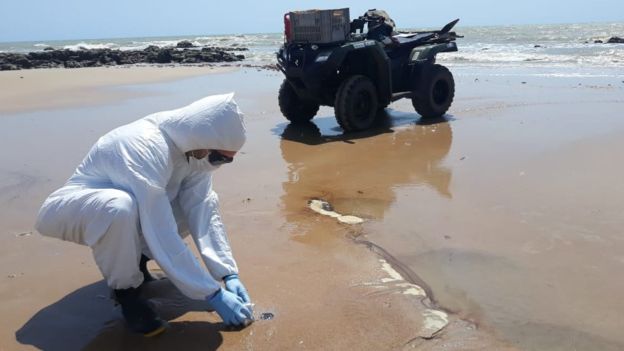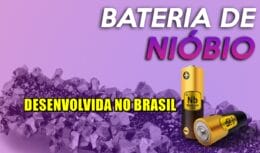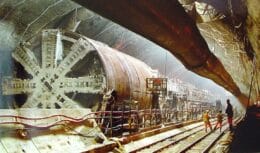
It is not yet clear to Petrobras how oil extracted in Venezuela, whose coastline is on the Caribbean Sea, could have reached the coast of the Northeast.
A confidential report sent by Petrobras to the Brazilian Institute for the Environment and Renewable Natural Resources (Ibama) raises the hypothesis that the oil that spread in patches along the northeast coast is from Venezuela. Last Thursday, the 26th, we at Click Petróleo e Gás, reported on the oil leak that until then had reached 99 locations on the Northeast coast, understand the facts.
In a note released five days ago, Ibama says that the oil that contaminates different beaches is the same and that the agency was working with the possibility that there would be more than one source of contamination. Officially, it is still not known what caused the stain.
What is not known is how the oil extracted in the South American country, which has a coastline on the Caribbean Sea, reached the Atlantic Ocean.
The balance sheet updated by Ibama last Sunday, the 29th, shows that oil was detected in about 109 areas, located in 54 cities in eight states.
In seven of these sites, birds and turtles died from contamination. Other animals are in recovery and cleaning centers.
The oil slicks reached the beaches of Ponta Negra, Pipa and Tibau do Sul, in Rio Grande do Norte; Boa Viagem, Carneiros and Porto de Galinhas, in Pernambuco; Tambaba, in Paraíba; and Gunga and French Beaches, in Alagoas, among others.
In Ceará, 500 liters of oil were collected from nine beaches last Saturday (29) and Sunday. The result of the bathing tests on 35 beaches in Ceará will be released this Tuesday (1st).
Leon Aguiar, from the Institute for the Defense of the Environment (IDEMA) in Rio Grande do Norte, says that the situation on the coast of the state is under control, but the teams are continuing their work on depollution.
The Fire Department of the Federal District, the Navy and Petrobras assist Ibama in cleaning and investigation actions. Petrobras also hired community agents to carry out the cleaning services.
Petrobras exits the natural gas distribution segment in Uruguay









Air Force F-16 fighters…
True friend, what they shot down were…
Air Force F-16 fighters…
I would like to know what planet you live on…
Air Force F-16 fighters…
Well... It's flying scrap... Typical...
Air Force F-16 fighters…
Which genocide are you talking about? Than…
Air Force F-16 fighters…
Venezuela's air superiority is a…
Very good article
You will have to study a lot about…
Why? What happened?
Hahahaha
What do you mean watermelon?
The world investigates, China collects the…
All you had to do was take it to Spain on the plane…
Toyota sells Corolla with a roof…